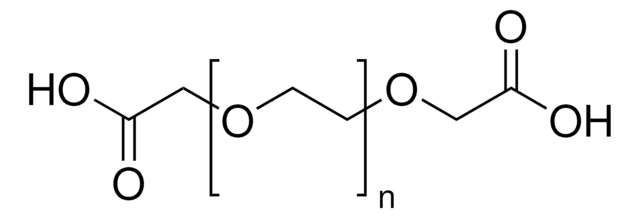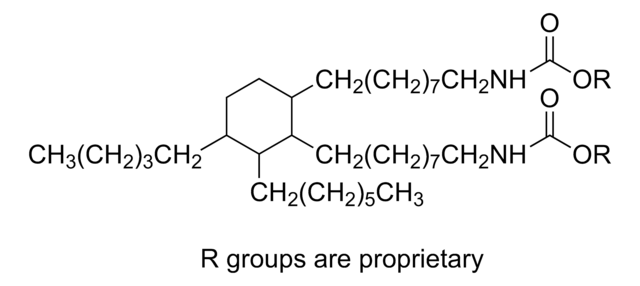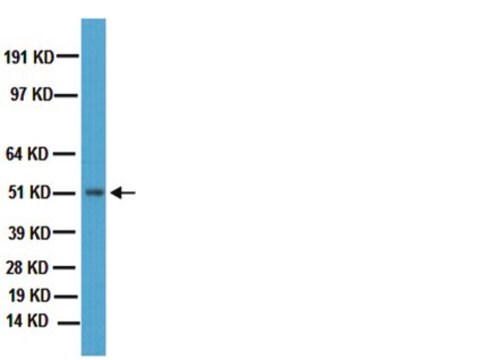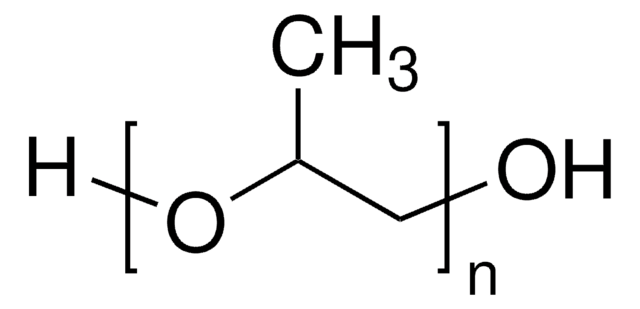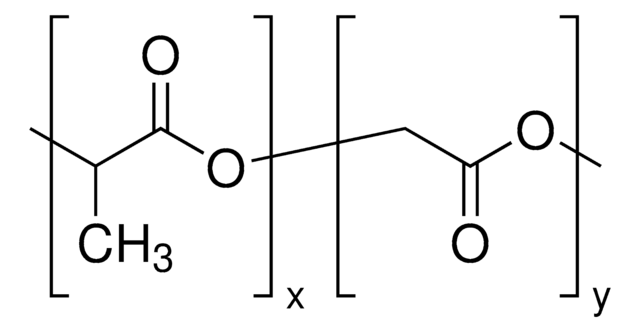909300
Carboxylic acid-poly(ethylene glycol)-b-poly(D,L lactide)
PEG average Mn 5,000, PDLA average Mn 16,000
Sinónimos:
COOH-PEG-PDLA, COOH-PEG-PLA, Carboxylic acid PEG-PDLA, Carboxylic acid-PEG-PLA
About This Item
Productos recomendados
form
powder or chunks
mol wt
PDLA average Mn 16,000 (by NMR)
PEG average Mn 5,000 (by NMR)
color
white to tan
storage temp.
−20°C
¿Está buscando productos similares? Visita Guía de comparación de productos
Categorías relacionadas
Application
Storage Class
11 - Combustible Solids
wgk_germany
WGK 3
flash_point_f
Not applicable
flash_point_c
Not applicable
Elija entre una de las versiones más recientes:
Certificados de análisis (COA)
Lo sentimos, en este momento no disponemos de COAs para este producto en línea.
Si necesita más asistencia, póngase en contacto con Atención al cliente
¿Ya tiene este producto?
Encuentre la documentación para los productos que ha comprado recientemente en la Biblioteca de documentos.
Artículos
Professor Robert K. Prud’homme introduces flash nanoprecipitation (FNP) for nanoparticle fabrication, which is a scalable, rapid mixing process for nanoparticle formulations.
Nuestro equipo de científicos tiene experiencia en todas las áreas de investigación: Ciencias de la vida, Ciencia de los materiales, Síntesis química, Cromatografía, Analítica y muchas otras.
Póngase en contacto con el Servicio técnico

